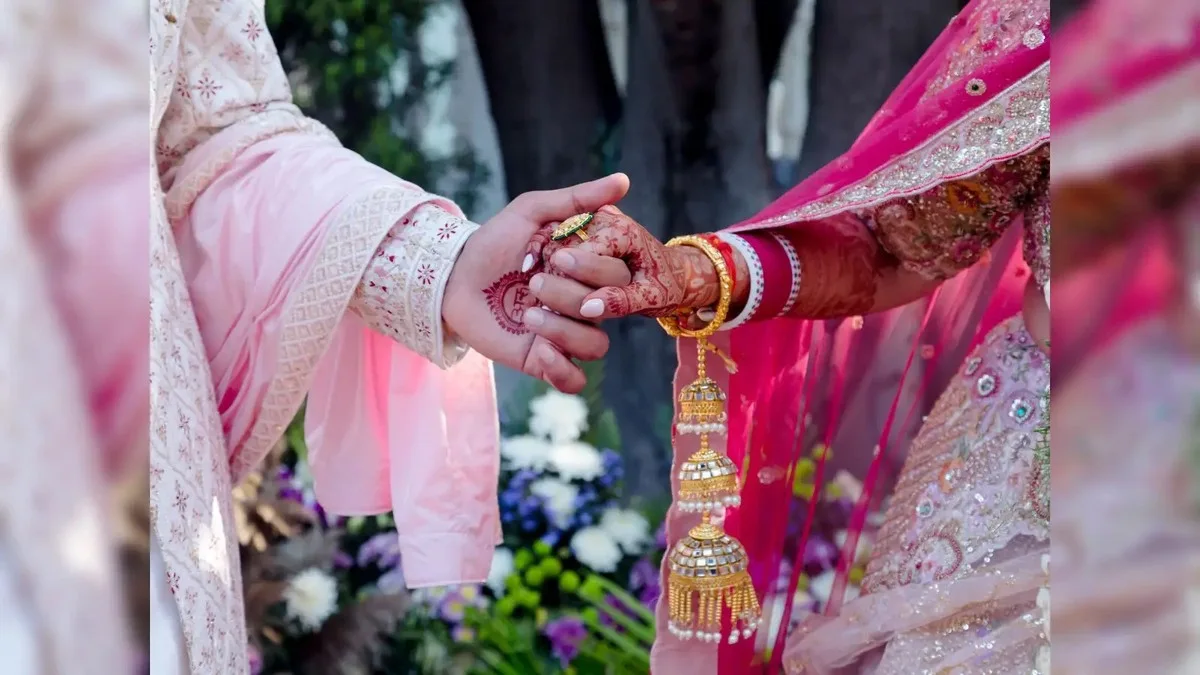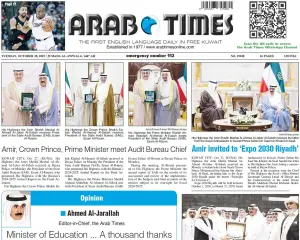07/10/2025
07/10/2025

NEW DELHI, Oct 7: Tighter U.S. immigration policies, especially around the H-1B skilled-worker visa, are impacting marriage decisions in India, as families become wary of marrying their children to Indian citizens settled in the United States due to fears over job security and immigration status.
Sidhi Sharma, a 19-year-old medical student from Haryana, northern India, had dreamed of marrying an Indian working in the U.S. and settling there. However, after recent immigration crackdowns under President Donald Trump, she dropped that plan. “Trump has shut the door for me,” she said, without further elaboration.
Matchmakers, academics, and prospective brides and grooms in India say stricter U.S. immigration rules are making families hesitant about cross-border marriages. There is no official data on marriages between Indian residents and overseas Indians, but the effects of Washington’s policies are being felt deeply at Indian dinner tables.
“Immigration policies may be written in Washington, but their ripple effects are seen at dinner tables of Indian families when they’re talking about marriages,” said Anuradha Gupta, founder of the bespoke matchmaking service 'Vows For Eternity'.
In India, marriages are traditionally family-driven, with relatives and matchmaking agencies facilitating arranged matches. While love marriages are increasingly common in cities, families often remain deeply involved.
The U.S. hosts the world’s largest Indian diaspora, including about 2.1 million Non-Resident Indians (NRIs), who have long been highly sought-after marriage prospects. Marrying an NRI was seen as a route to financial security and a better life, with families welcoming the remittances and extended support.
Since his return to office in January, Trump has launched a sweeping immigration crackdown targeting legal residency pathways, with a notable overhaul of the H-1B visa program. Indians, who accounted for 71% of H-1B visa recipients in 2024, are particularly affected.
About 75% of the H-1B visas issued to Indian citizens in 2024 were awarded to men, according to U.S. Citizenship and Immigration Services data.
“There was a lot of demand and craze for NRI suitors and men settled abroad up until last year,” said Vanaja Rao, managing director of the Vanaja Rao group, known for quick marriages. “We’ve started to see a slowdown since Trump took over, which intensified in the last six months. After recent curbs on H-1B, there’s more panic.”
Some families have delayed weddings amid growing immigration uncertainty. A 26-year-old Indian in Atlanta, who requested anonymity due to the topic's sensitivity, said he knew of three weddings postponed due to Trump’s policies.
“Every time there is speculation about stopping or tightening H-1B visa restrictions, there’s a corresponding impact on the marriage market,” said Harshita Yalamarty, assistant professor at Toronto Metropolitan University. She noted that Trump’s first administration had also targeted H-1B visas and proposed banning spouses from working, though Joe Biden later withdrew that policy.
The visa overhaul has also made Indian students reconsider the "American Dream." There were around 422,335 Indian students in the U.S. in 2024, according to U.S. Immigration and Customs Enforcement data.
Matchmakers are adapting. The premium matchmaking app Knot.dating recently added a ‘U.S. visa filter’ as it expanded into southern India, where families are particularly interested in the visa status of NRI suitors.
Since September, about 1,000 NRIs have registered on the platform, with 60% holding H-1B visas and the rest on green cards or other visas. Of these, 81% were men. Knot.dating requires male users to earn at least 5 million rupees (about $56,300) annually, a figure far above typical Indian salaries, reflecting the financial security many Indian families seek abroad.
With the U.S. increasingly seen as less accessible, Indian families are now also looking to Canada, the UK, Europe, and the Middle East for suitable matches. “When families consider marriage, factors like mobility and security are deeply embedded in their decision-making. It’s about long-term stability, not just for themselves but for future generations,” Gupta said.
As U.S. immigration policies tighten, the traditional allure of Indian NRIs as prime marriage candidates is diminishing, reshaping long-standing social patterns in India.


